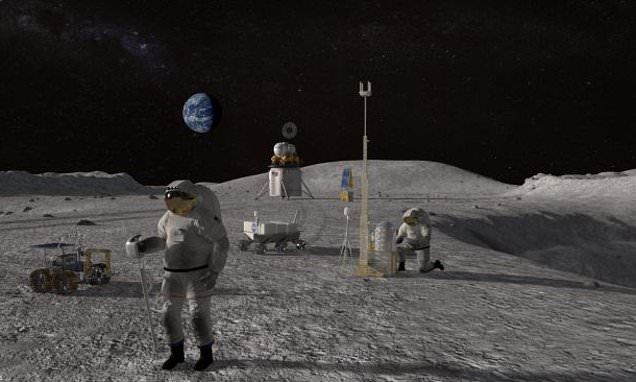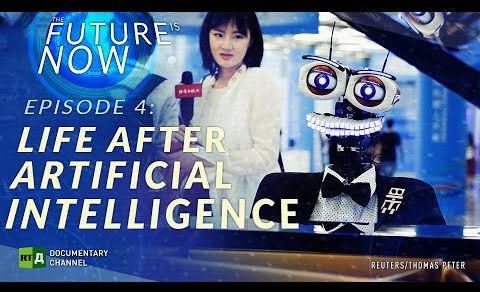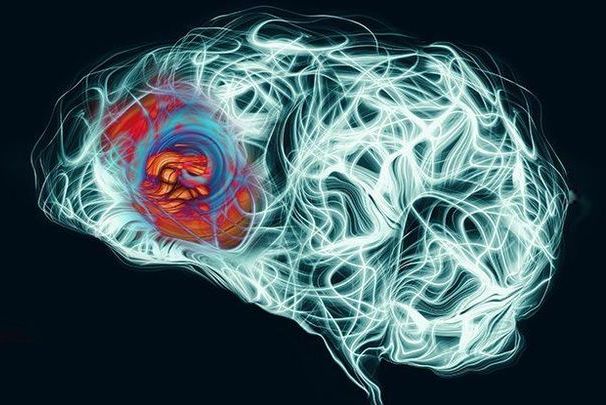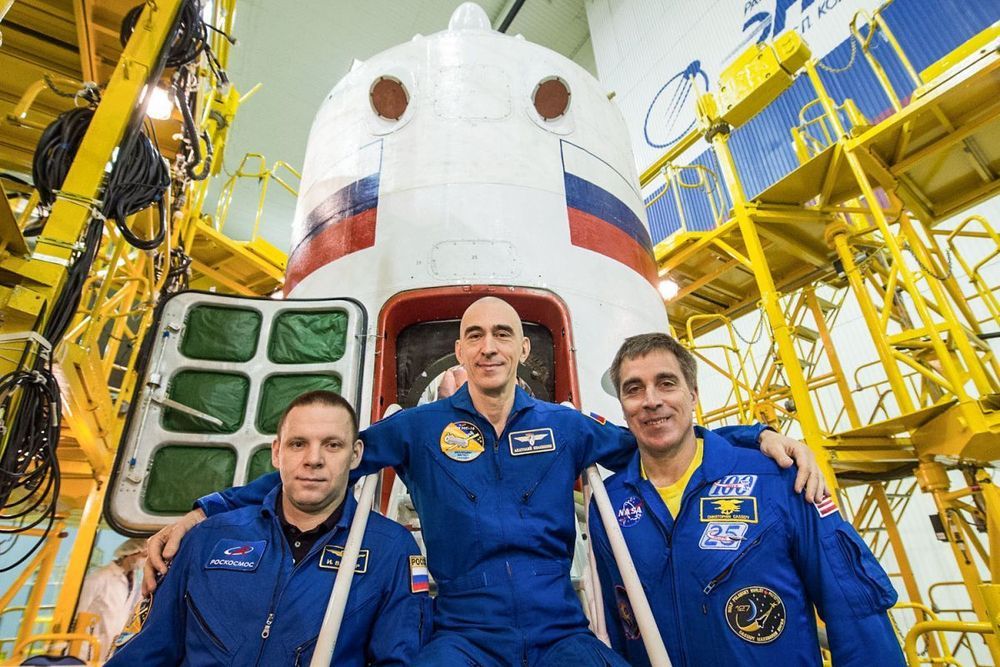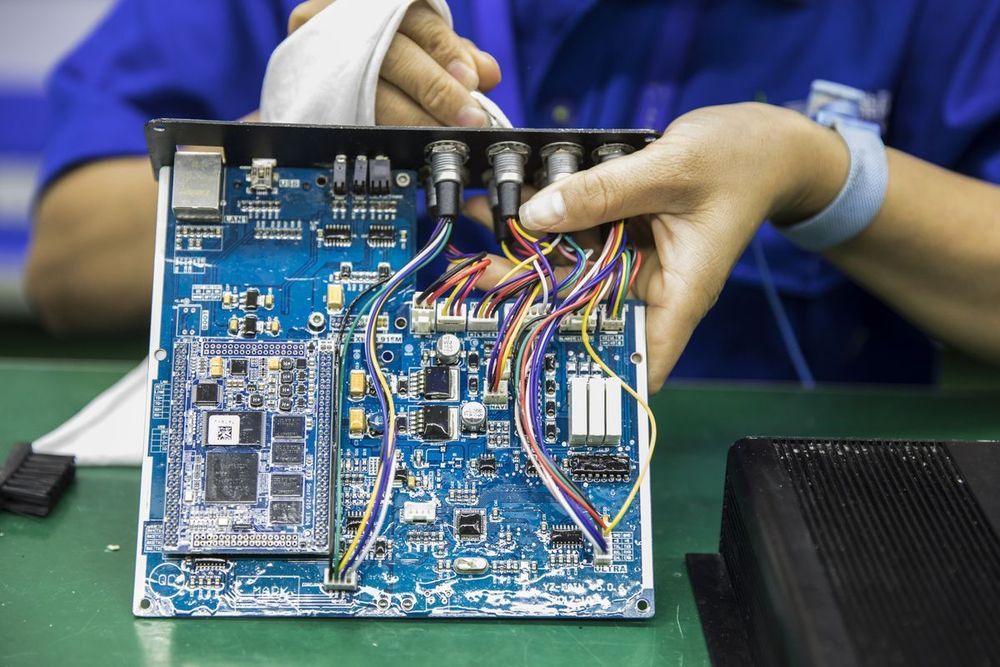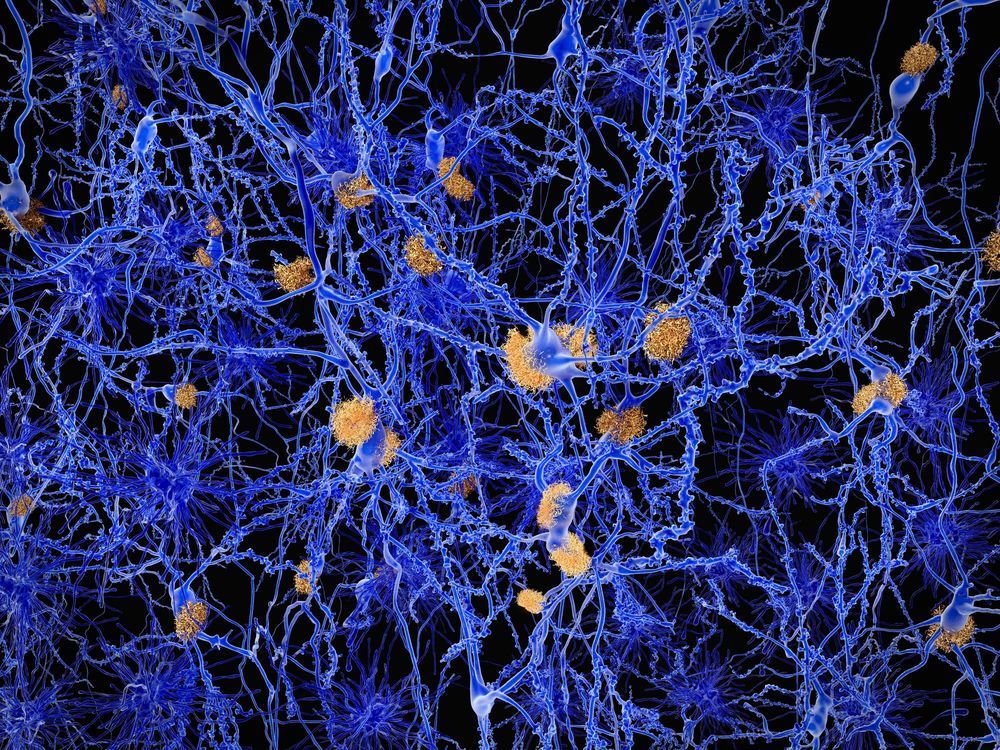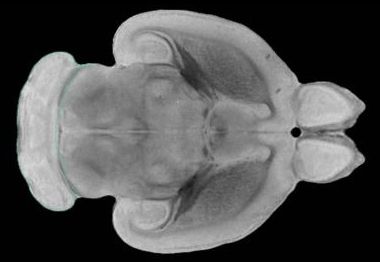Apr 8, 2020
NASA reveals its plan for ‘Artemis Base Camp’ on the moon
Posted by Carse Peel in categories: space, transportation
NASA has released a detailed plan for an ‘Artemis Base Camp’ that will be home to first woman and next man on the moon in 2024.
The 13-page document highlights elements such as a terrain vehicle for transporting the astronauts around the landing zone, a permanent habit and a mobility platform to travel across the lunar surface.
Continue reading “NASA reveals its plan for ‘Artemis Base Camp’ on the moon” »
